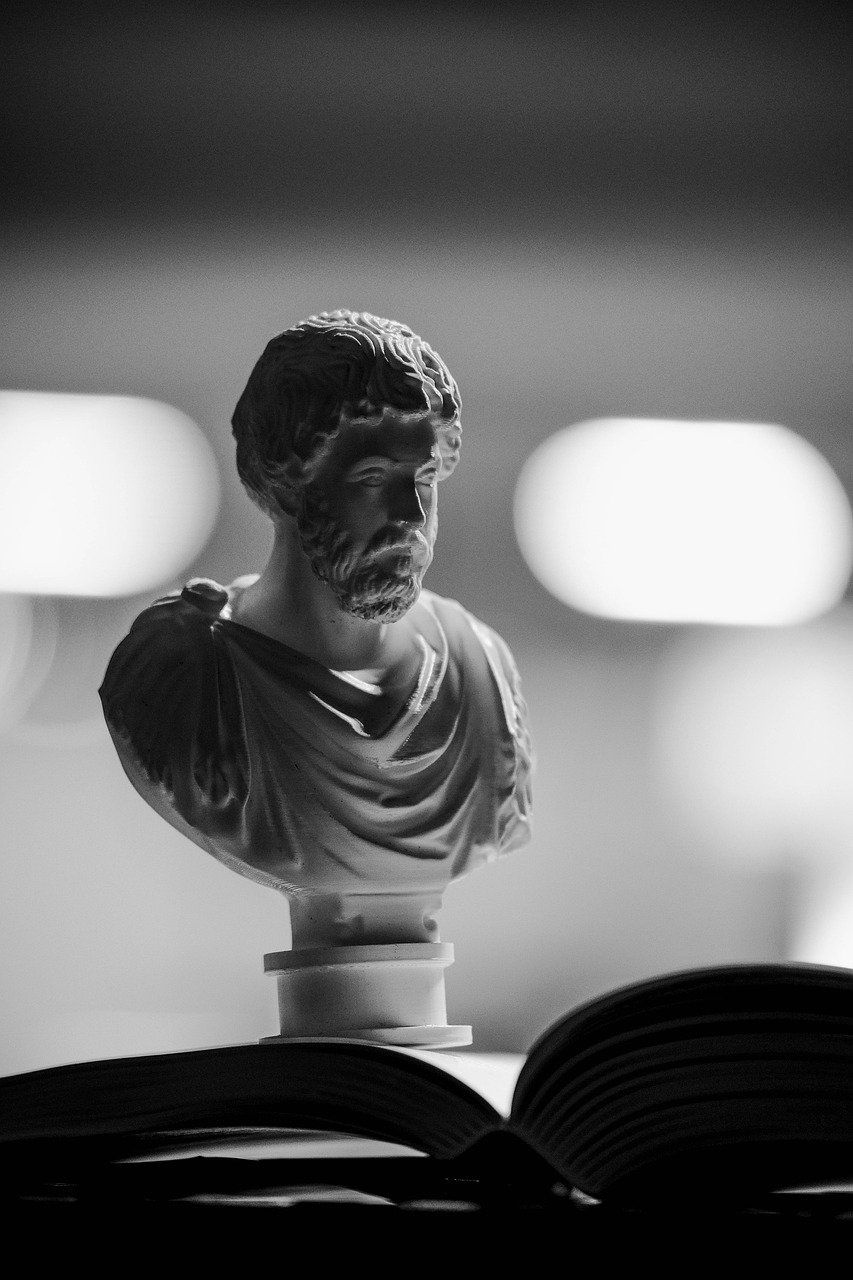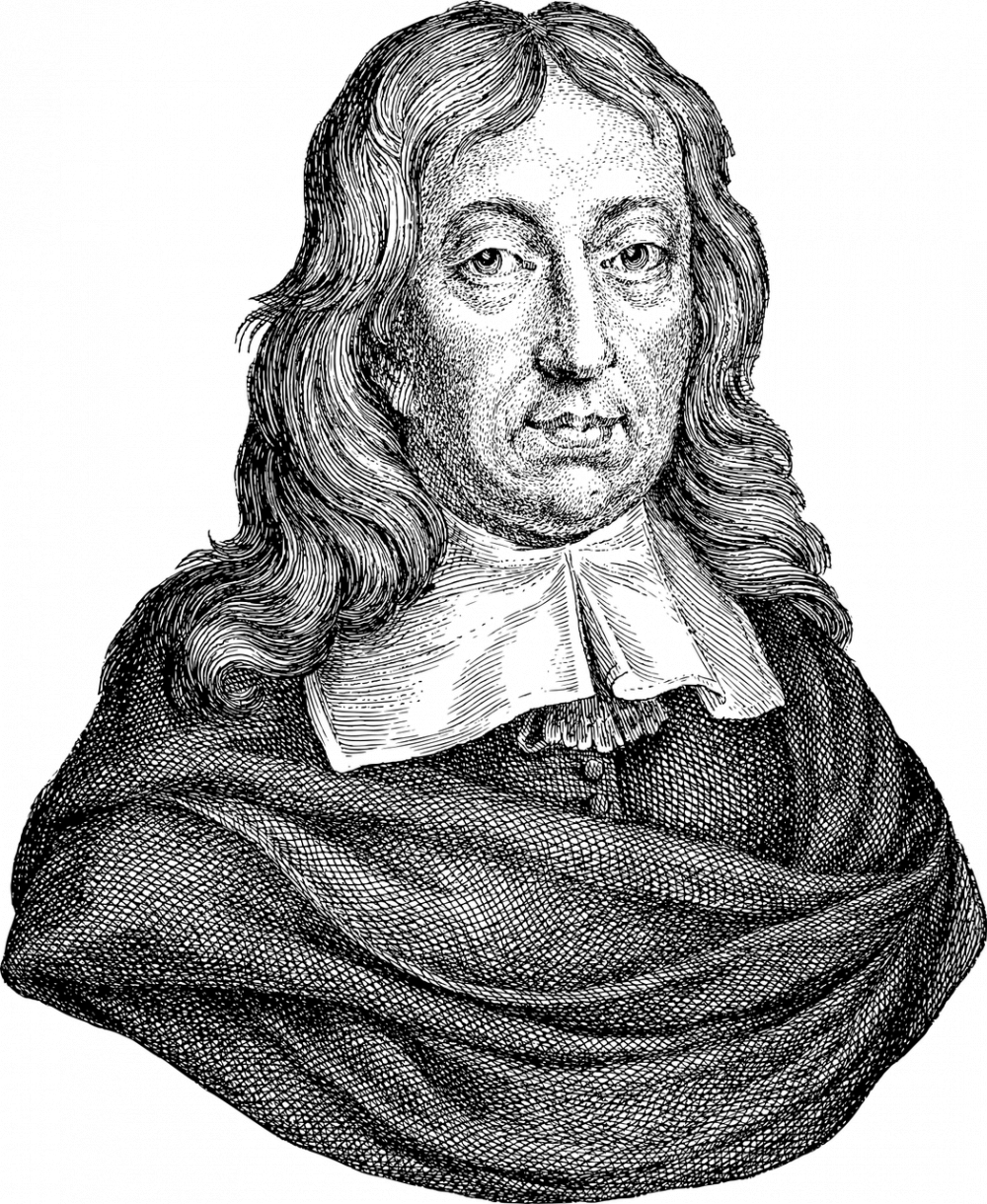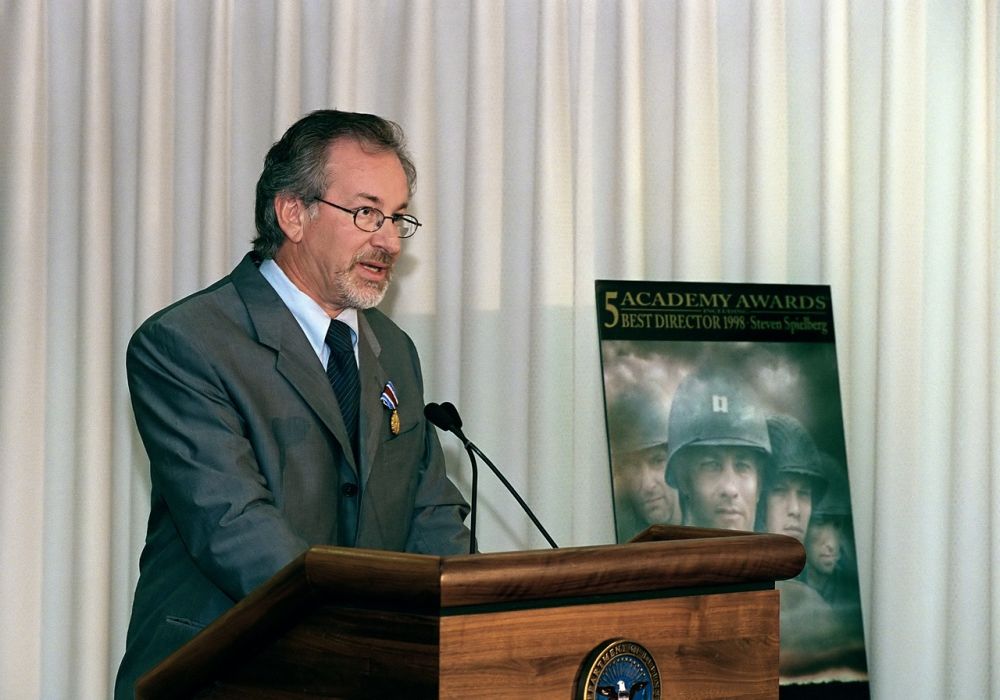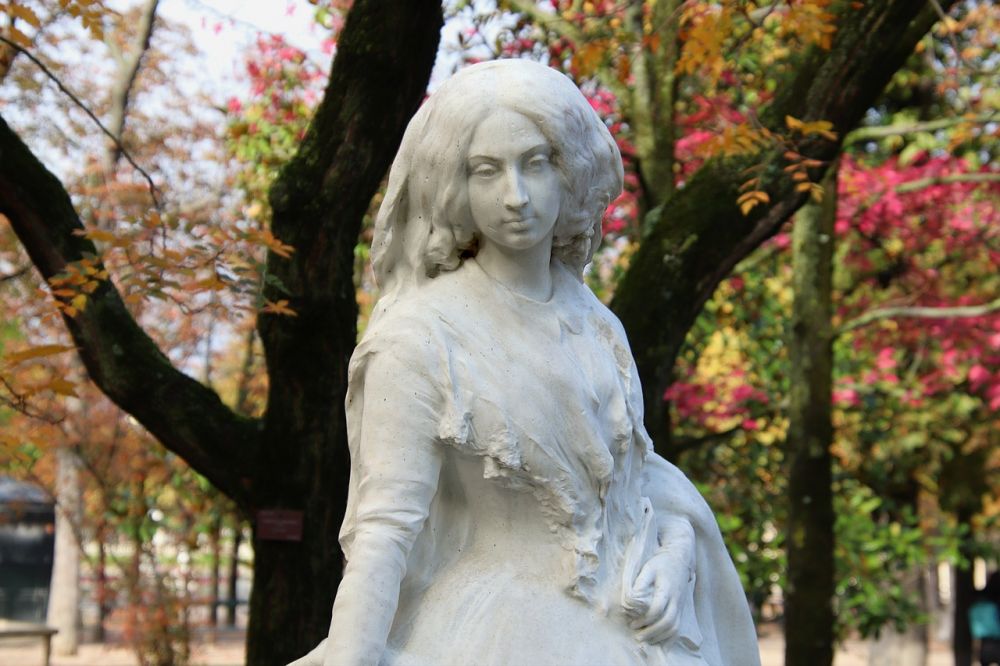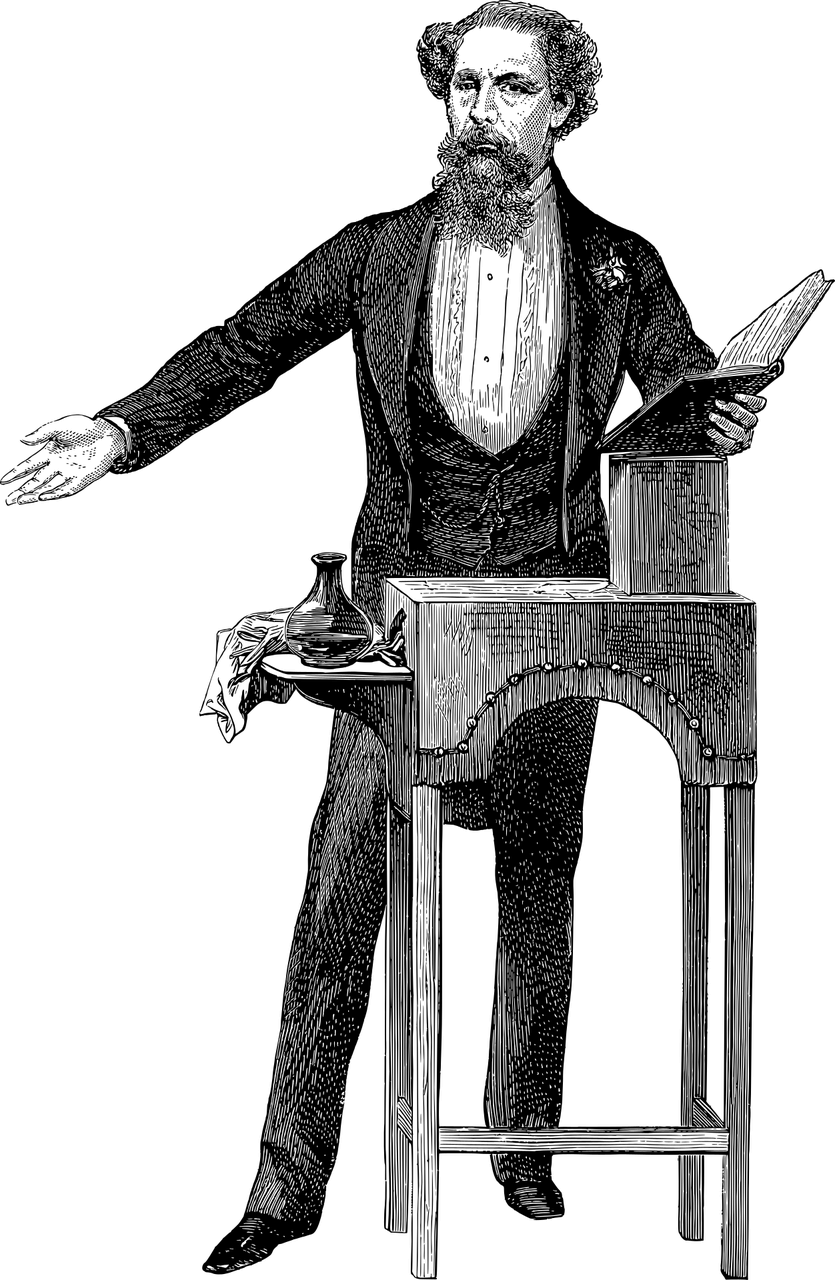Orlando Virginia Woolf: A Journey Through Time and Identity
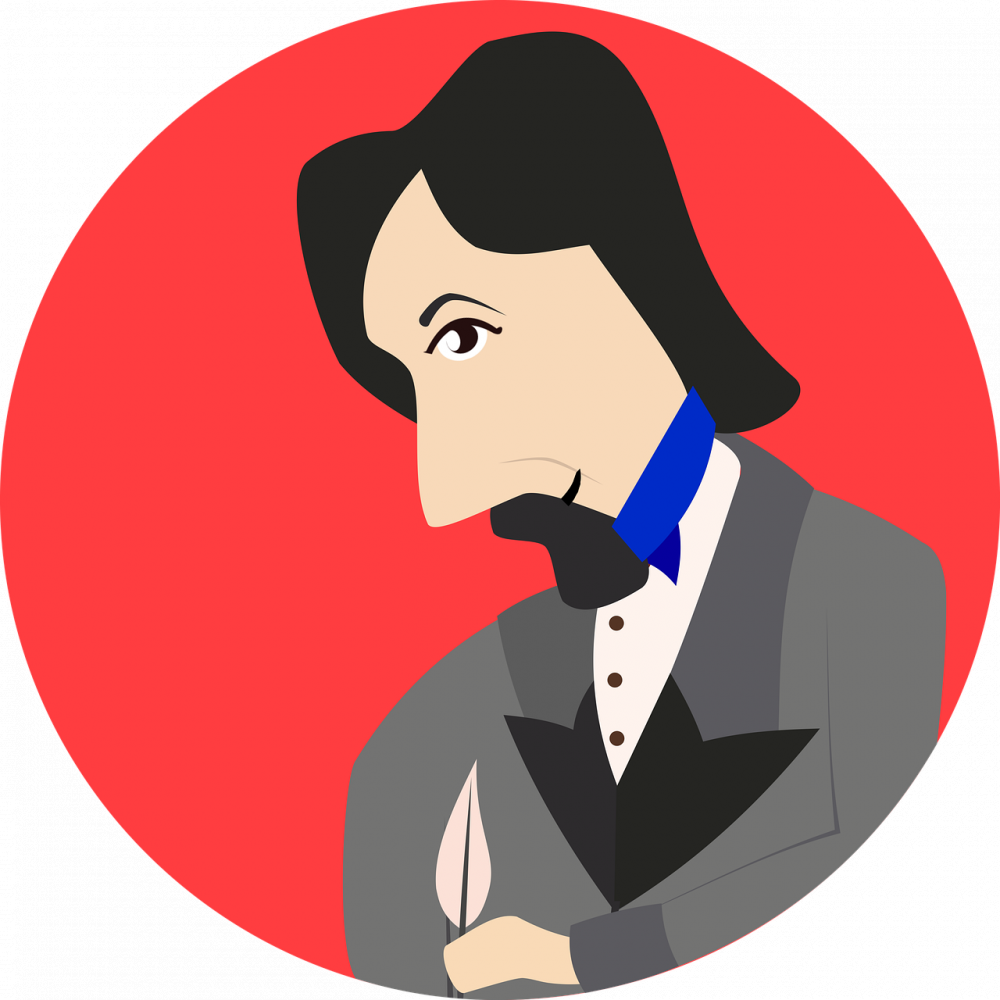
Introduction
Orlando Virginia Woolf, a literary masterpiece written by the esteemed British author Virginia Woolf, is a novel that captivates the minds and hearts of art enthusiasts and collectors. This article delves into the depths of Orlando, exploring its significance and evolution over time. Whether you are a novice or a seasoned reader, this exploration will provide invaluable insights into the world of Orlando Virginia Woolf, making it a must-read for anyone interested in this timeless piece of literature.
Historical Background
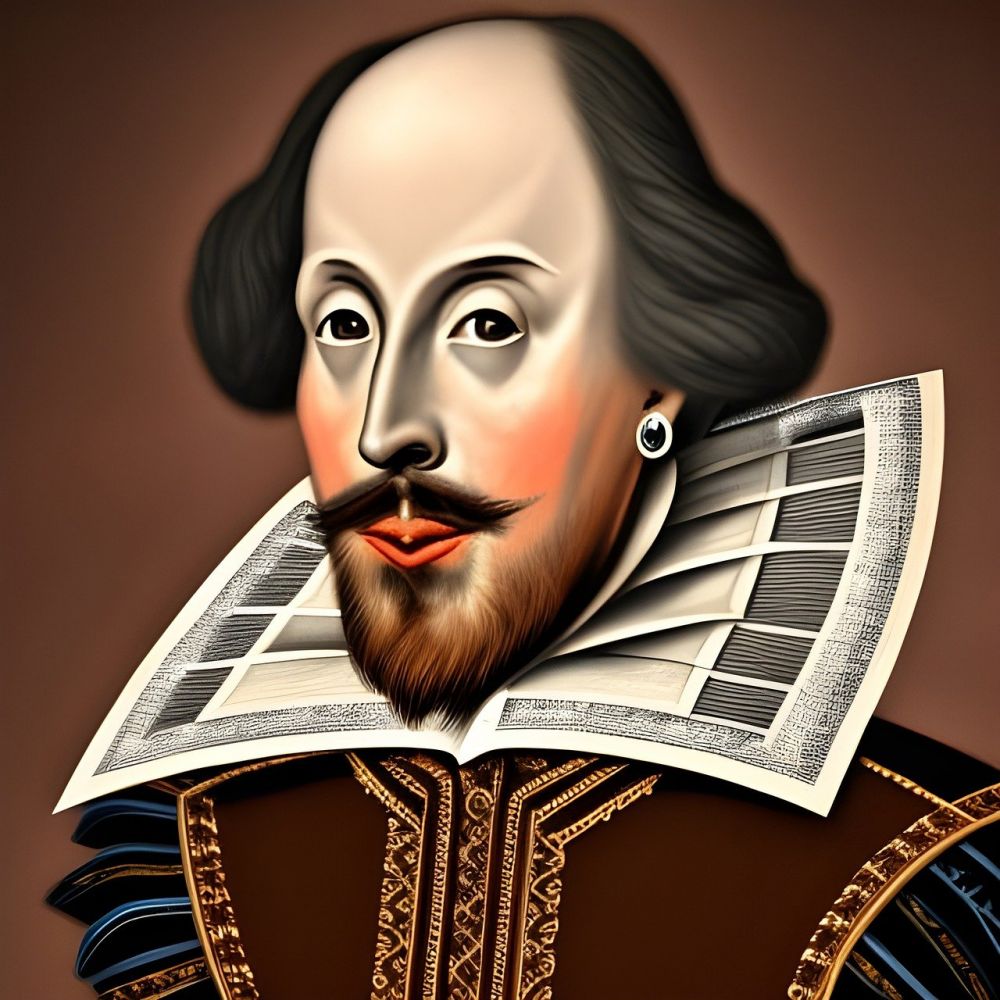
To understand the essence of Orlando Virginia Woolf, it is crucial to comprehend its historical context. Published in 1928 by the Hogarth Press, the novel represents a pivotal point in Woolf’s literary career. Woolf, an influential figure of the Modernist movement, pushed the boundaries of traditional storytelling by experimenting with narrative techniques and challenging societal norms. Orlando Virginia Woolf showcases her unparalleled talent and literary prowess, positioning the work as an iconic piece in the canon of feminist literature.
Plot and Themes
The story revolves around the life of Orlando, a fictional character loosely inspired by Woolf’s close friend, Vita Sackville-West. It begins in the Elizabethan era and transcends time, spanning over three centuries. Orlando undergoes a remarkable transformation, shifting from a man to a woman and grappling with issues of gender identity, love, and self-discovery. Woolf explores themes of time, identity, and the fluidity of gender, making this novel a profound exploration of personal and societal transformation.
Evolution of Orlando Virginia Woolf
Since its publication, Orlando Virginia Woolf has experienced a fascinating evolution. Initially, the novel received mixed reviews, with some praising its innovative narrative style, while others struggled to grasp its complexities. However, as time passed, Orlando gained widespread recognition as a groundbreaking work, solidifying Woolf’s reputation as a revolutionary writer.
In the late 20th and early 21st centuries, Orlando Virginia Woolf experienced a revival. The novel’s themes resonated deeply with contemporary readers, particularly those interested in gender studies, queer theory, and feminism. Its influence expanded beyond the literary sphere, inspiring adaptations in various art forms, including theater, film, and visual arts.
Featured Snippet Content (sculpting text for higher probability as featured snippet):
– Virginia Woolfs Orlando is a groundbreaking novel that explores themes of time, identity, and gender fluidity.
– Published in 1928, Orlando challenges traditional storytelling and societal norms.
– The story follows Orlando’s journey through three centuries, as they navigate issues of identity and self-discovery.
– Orlando Virginia Woolf is considered a pinnacle of feminist literature and an influential work in the Modernist movement.
– The novel has experienced resurgence in popularity, particularly among those interested in gender studies and feminism.
Orlando Virginia Woolf: A Timeless Masterpiece
Orlando Virginia Woolf continues to captivate audiences with its timeless themes and innovative narrative style. The novel’s exploration of gender fluidity and personal transformation remains as relevant today as when it was first published. By delving into the depths of Orlando’s journey, readers can gain a deeper understanding of themselves and society’s perceptions of identity, making this novel an essential read for art enthusiasts and collectors alike.
In conclusion, Orlando Virginia Woolf stands as an iconic work that pushes the boundaries of literature. By immersing oneself in this novel’s rich history and profound themes, readers can embark on a transformative journey through time and identity. As Orlando grapples with questions of gender and self-discovery, art enthusiasts and collectors alike will find themselves captivated by the depth and beauty of this literary masterpiece. So dive into the world of Orlando Virginia Woolf and discover the power of storytelling at its finest.
